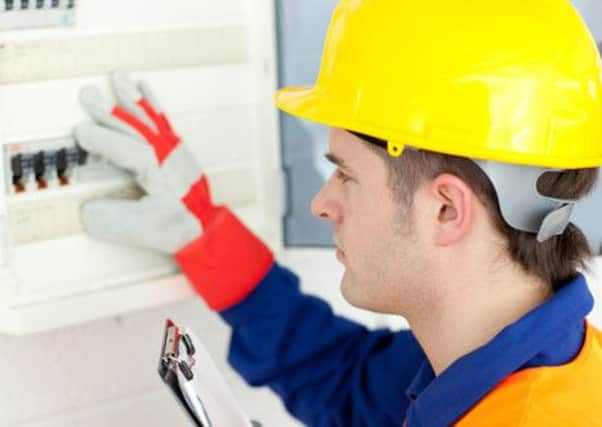DIY tips


We often stick to the wiring we’ve inherited when we move into a new home because having a property rewired is a major upheaval, and can be very expensive. Unless the sockets, light switches and flexes are obviously outdated, it’s also hard to tell if the wiring needs to be redone. A good place to start checking is the fuse box - if it has rewirable fuses, for example, it’s in need of an update because modern fuse boxes don’t use fuse wire.
The only way to be really sure if the wiring is safe, is to get a qualified electrician to test it. Make sure you use an electrician registered with one of the Government’s competent-person schemes, such as NICEIC (www.niceic.com), as they can self-certify that their work complies with the law. If they don’t belong to such a scheme, you can get their work checked by your local council’s building control department or an approved inspector, who provides the same service but doesn’t work for the council. The key thing is to get a completion certificate so you can prove that the electrical installation is safe and legal, something often needed when you sell or rent out your home.
Advertisement
Hide AdAdvertisement
Hide AdGas appliances are another potential danger in the home. By law, they must be installed by a Gas Safe Register engineer (www.gassaferegister.co.uk). It’s also important to get them serviced annually by a Gas Safe Register engineer to ensure they’re safe and working as efficiently as possible.